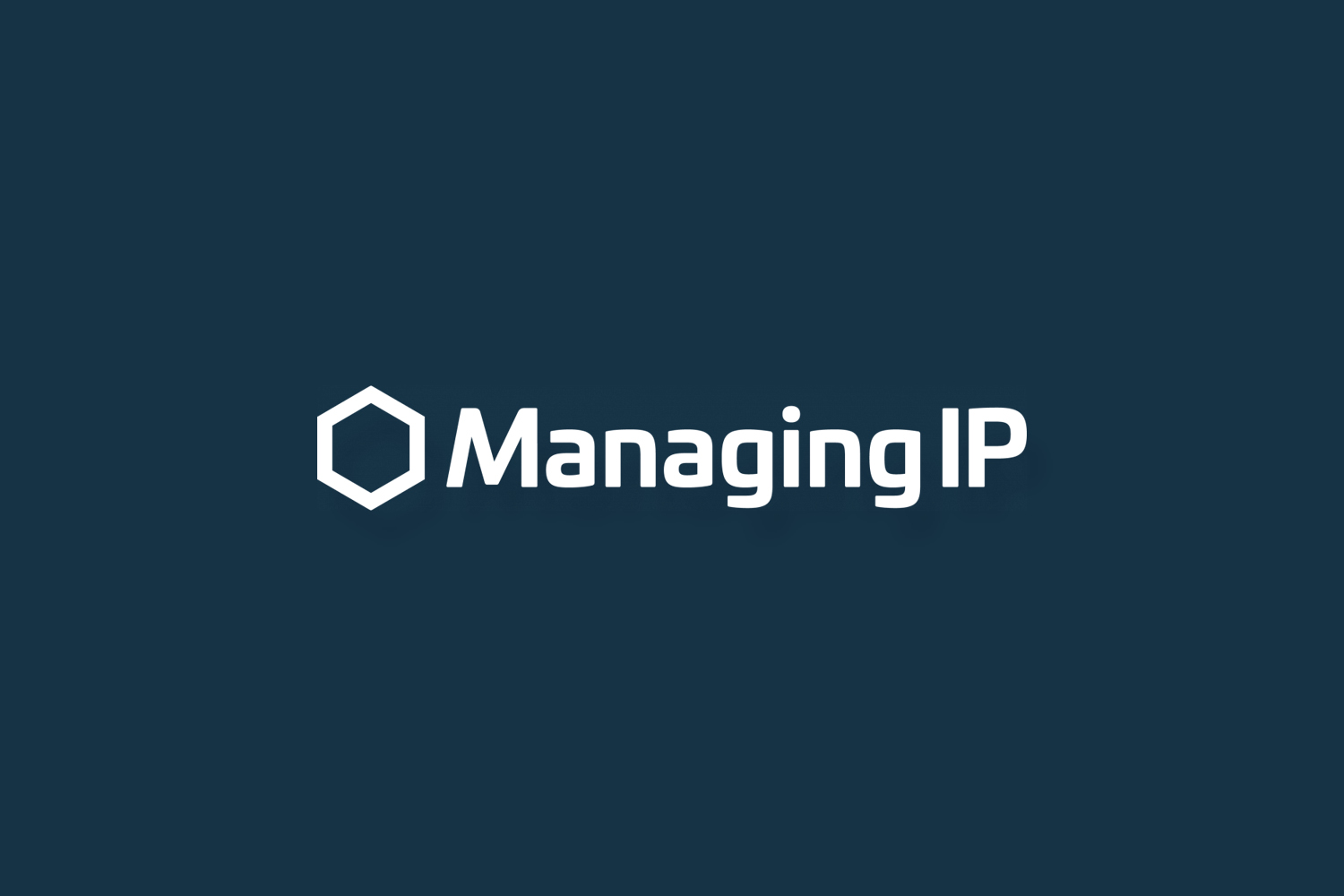Anti-Bribery Policy
1 Purpose
The purpose of this Anti-Bribery Policy is to set out the requirements that apply to Plesner's conduct of business and to our employees' behaviour. The policy further describes the initiatives we have launched as part of our Anti-Bribery Policy.
2 The purpose of the Anti-Bribery Policy
Plesner recognises that corruption and other unethical behaviour undermine support and confidence among our stakeholders (clients, donors, suppliers, consultants and other business relations), which are crucial factors for Plesner's commercial success.
To this end, we have drawn up this Anti-Bribery Policy to address corruption, bribery and other unethical behaviour. Everybody at Plesner are obliged to comply with applicable legislation and rules as well as this Anti-Bribery Policy in their daily work.
If applicable legislation and regulations prescribe higher standards than those laid down in this Anti-Bribery Policy, such standards must be followed.
3 Combatting bribery and corruption
Bribery and corruption undermine lawful activities, distort competition, ruin reputations and communities founded on the rule of law, and expose Plesner and individuals to risks.
Plesner has a zero-tolerance approach towards bribery and corruption. We are committed to ensuring that bribery will not occur in relation to any business activities in which we are involved. Plesner's approach is the same with respect to partners, who are not allowed to receive, grant or otherwise be involved in bribery or corruption etc.
Bribery is a form of corruption consisting in the offering of improper advantages with the intention of influencing somebody in the conduct of their duties. It may take the form of gifts, loans, fees, rewards, credits, discounts, travels, accommodation or other advantages exchanged between anybody working for on behalf of Plesner and any external person.
Kickback are a form of bribery between private entities made, for example, with the intention of winning a tender. In that situation, the person in charge of the tender or the order does not necessarily award the contract or the order to the party submitting the best bid but rather to the party paying kickbacks. It is unlawful to pay kickbacks in such a situation. Paying kickbacks is also unlawful if the company paying such kickbacks submits the best bid and would have won the tender anyway.
Plesner will not pay or promise to pay any kickbacks in exchange for being awarded tenders/orders for a specific supplier. Furthermore, Plesner will not promise, solicit, give or receive any advantage that may be interpreted as being associated with the award of a tender/order. This applies whether such an advantage is exchanged before, during or after the award of the tender.
Facilitation payments are a form of bribery made with the intention of expediting or facilitating a public official's performance of a routine public service and/or expediting or ensuring the supply or provision of products or services to which Plesner is entitled.
Plesner will not engage in facilitation payments and will actively oppose such payments if/when encountering them. Corruption does not become lawful because it is general practice in a given country. Nor are references to local customs and trade patterns accepted by Danish or foreign courts as a defence in cases relating to minor unlawful payments.
Political contributions are defined as financial support and other kinds of support given to political parties and political campaigns, whereas charitable contributions are defined as contributions to charitable causes or organisations.
Plesner does not endorse individual political parties or individual politicians. Plesner's employees are, however, allowed to exercise their rights to participate in democratic political activities, provided that they do so without any reference or connection to their association with Plesner.
Charitable contributions, for example knowledge, exchange of services or direct financial contributions are acceptable, provided that such donations are not made with the intention of obtaining or retaining business or other improper advantages. Plesner's employees must ensure, by observing due diligence and transparency, that charitable contributions and financial support are not used as in substitution for and do not constitute bribery. Consequently, charitable contributions are only to be made to organisations, not to individuals.
Gifts and hospitality such as flowers, confectionary, wine, pens, tickets for sports or cultural events, meals, receptions, social events, entertainment etc must always comply with the legislation of the country in which they may be given or received. Plesner's employees must keep in mind that the rules applying in the public sector are normally stricter than the rules in the private sector.
Consequently, Plesner's employees will not offer or accept hospitality or gifts with the intention of obtaining or retaining business relationships or any improper advantages provided by clients in the public sector. Nor will Plesner's employees offer or accept gifts or hospitality that is unreasonable, excessive or goes beyond normal market practice. Plesner's employees may not offer, solicit, give or receive gifts in the form of cash or gift certificates of any kind. Gifts for or entertainment of parties involved in a tender process or similar processes relating to the award of orders are also prohibited.
4 Complaints and reporting of concerns
If anyone has any concerns about any actions on the part of Plesner or encounters outright breaches of Plesner's anti-bribery policy, such concerns should be reported immediately. Concerns can be reported through the regular channels by contacting the Plesner partner who is in charge of the practice area where the problem occurs (provided that the partner in question is neither the person reporting the concern nor the person who is the subject of such concern). Concerns may also be reported by using Plesner's internal whistleblower system.
Employees who report concerns (whistleblowers) will not suffer detrimental treatment.
The person receiving information about the concern in question must duly examine and ensure - to the extent necessary - that the matter is brought forward through the regular channels. Plesner's board of directors has overall authority and responsibility for dealing with matters that cannot be solved at a lower level.
Information about any whistleblower(s) shall at all times be kept in accordance with applicable laws and rules on the protection of personal data, for example rules on erasure of data that are no longer of interest to the company.
Information and links to Plesner's whistleblower system can be found on Plesner's intranet.
5 Sanctions
Plesner's employees will not be punished or suffer any other detrimental treatment as a result of refusing to pay bribes, even if it may cause Plesner to lose business or suffer other adverse effects. Nor will Plesner's employees be punished for raising questions about or reporting unethical behaviour or corruption.
Failure to observe this Anti-Bribery Policy may give rise to disciplinary action, including notice or dismissal, and may be reported to the relevant authorities.
6 Compliance and monitoring
Plesner's board of directors has adopted this policy. Plesner's management will regularly monitor and update the policy and ensure that it is observed by all senior managers/partners, employees and third parties acting on our behalf.
Plesner's management is responsible for communicating this policy and for ensuring that all employees and external partners representing Plesner understand the overall purpose and procedures in relation to this policy.
7 Communication and training
All partners and all relevant employees will receive relevant training on how to comply with legislation and anti-corruption rules and about common practices that are relevant to Plesner's line of business.







